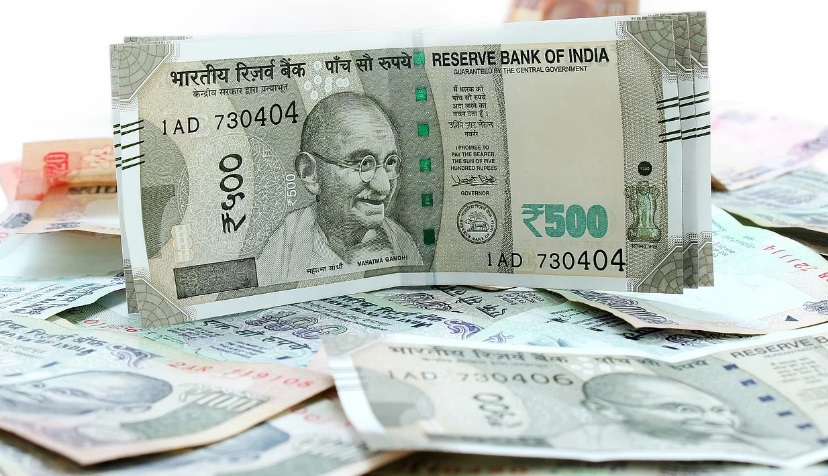
(Photo : Pixabay)
Representational Image
- The Indian government has removed the floor price on basmati rice exports, a move set to benefit farmers and boost exports.
- The minimum export price was initially set at $1,200 per metric tonne and later reduced to $950.
- The decision is expected to positively impact basmati rice exports and ensure fair and transparent export practices.
- This move is anticipated to increase India's presence in the global basmati market and ensure good returns for farmers.
In a significant move that is set to benefit farmers and boost the export of basmati rice, the Indian government has decided to remove the floor price on the export of this premier GI variety rice. This decision, according to the Ministry of Commerce and Industry, is a response to ongoing trade concerns and the adequate domestic availability of rice.
The minimum export price (MEP) for issuing registration-cum-allocation certificates (RCAC) for the export of Basmati rice was previously set at $950 MT.
This floor price was introduced as a temporary measure in August of the previous year, in response to the rising domestic rice prices due to a tight domestic supply situation.
The measure was also aimed at curbing any possible misclassification of non-basmati rice as basmati rice during exports, given the export prohibition on non-basmati white rice. The floor price was initially set at $1,200 per metric tonne (MT) and was later rationalised to $950 per MT in October 2023.
Revitalizing Basmati Rice Exports
This revision was made amid concerns that higher prices were negatively impacting outward shipments. However, the recent decision to remove the floor price altogether is expected to have a positive impact on the export of basmati rice and the farmers who cultivate it.
The Agricultural and Processed Food Products Export Development Authority (APEDA) will be closely monitoring export contracts to prevent any non-realistic pricing of basmati rice and ensure transparency in export practices.
This move is expected to ensure that the benefits of this decision reach the farmers and that the export practices remain fair and transparent. Satish Goel, president of the All-India Rice Exporters' Association, has welcomed the decision, stating that it will help India export basmati rice in large quantities. He further added that this move is going to ensure good returns to farmers.
A Positive Impact on the Global Basmati Market
This sentiment is echoed by industry experts who believe that there is a big overseas market for basmati varieties that are priced around $700 a tonne. The decision to remove the floor price comes at a time when the country's total exports of basmati rice stood at $5.9 billion in 2023-24. During the 2022-23 fiscal, basmati rice exports stood at $4.8 billion in terms of price, while in volume terms it was at 45.6 lakh tonnes.
This decision is expected to further boost these numbers and increase India's presence in the global basmati market. Historically, the Indian government has taken similar measures to boost the export of agricultural products. For instance, in 2019, the government removed the minimum export price for all varieties of onions to boost its export. This move was aimed at protecting the interests of farmers when domestic prices fell due to bumper crops.









